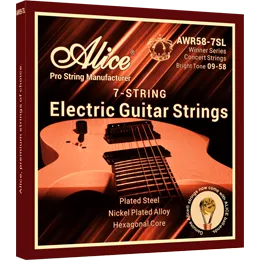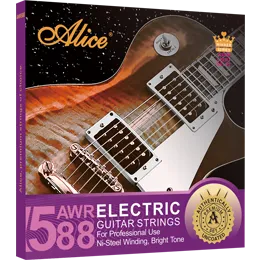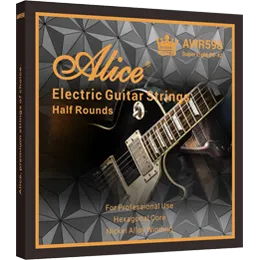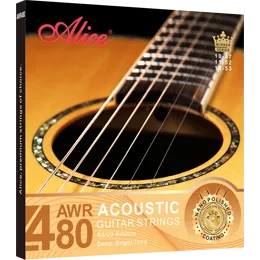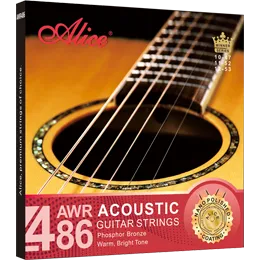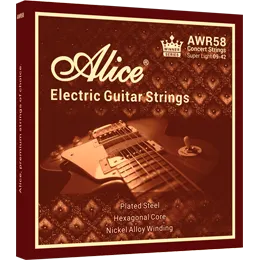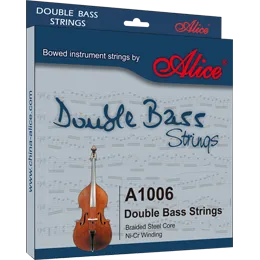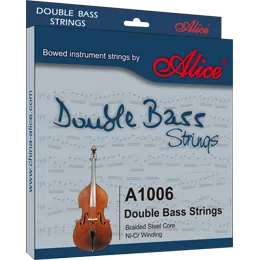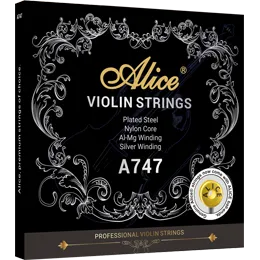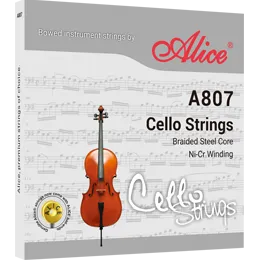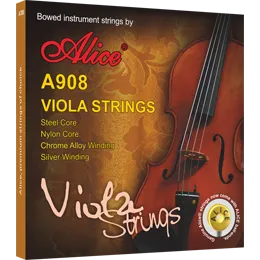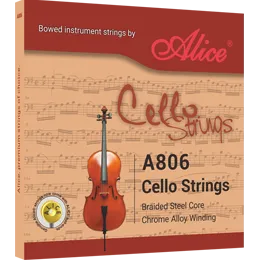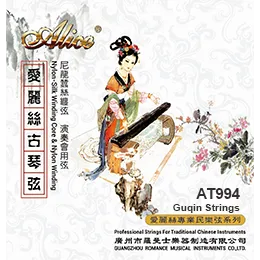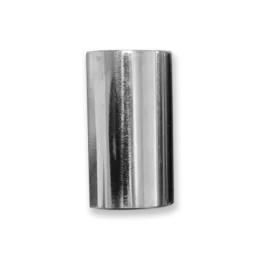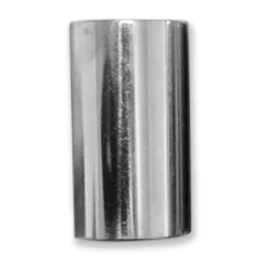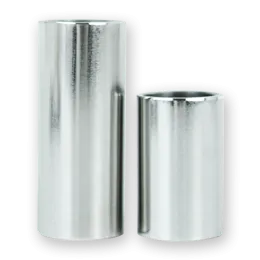What Is Acoustic Guitar String Pin? Can It Enhance Guitar’s Tone?
There's a subtle yet significant secret hidden within the anatomy of your acoustic guitar that can profoundly influence the richness and resonance of its sound. It's not the wood, the bracing, or even the strings themselves, but rather a tiny, often overlooked component known as the string pin. The string pin plays a pivotal role in your instrument's overall tonal quality and sustain. But what exactly is an acoustic guitar string pin, and how does it work to enhance your guitar's tone? In this guide, we’ll examine these pins' impact on your guitar and how they work.

What Is an Acoustic Guitar String Pin, And How Does It Work?
Acoustic guitar string pins are relatively small elements that sit at the bridge plate of this instrument. The central role of these pins is to keep the strings you use on the guitar in place. They connect at the end of each string and attach this part to the bridge place.
Here's a summary of how the acoustic guitar string pin works:
Placement The acoustic guitar string pin is inserted into holes on the guitar's bridge, which is the part of the guitar that holds the strings in place. These holes are designed to accommodate the string pins.
Securing When the tuning pegs are turned to adjust the guitar strings' pitch, the peg's end is inserted into the hole of the string pin. The string pin prevents the tuning peg from moving around on the bridge.
Adjustment As the tuning pegs are turned to increase or decrease the tension of the strings, the peg moves within the hole of the string pin. This allows the guitarist to fine-tune the pitch of each string to their preference.
Maintaining Tension Once the tuning pegs are properly tightened, the acoustic guitar string pin helps to keep them stable, preventing any unwanted movement that could affect the string tension. This ensures that the guitar strings maintain their correct pitch until further adjustments are made.
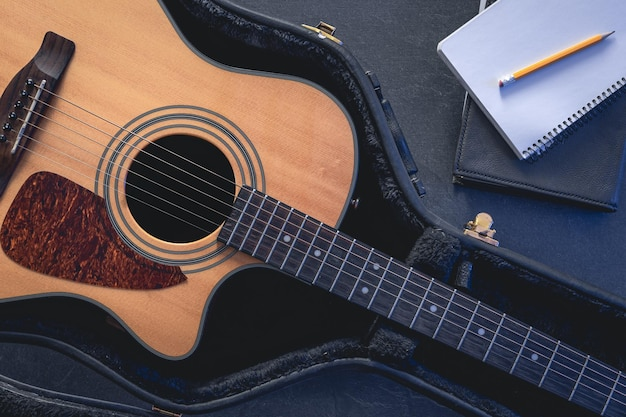
Why Acoustic Guitars Have Pins
There are two critical reasons why this instrument requires guitar bridge pins. First, it helps to ensure the strings are correctly aligned horizontally on the guitar. This, however, is only one of the roles.
In addition to helping with the alignment of your guitar strings, the best bridge pins for acoustic guitar will also ensure the vibration, which is the sound that the guitar makes, is adequately carried into the instrument's body.
How to Install the Bridge Pin
Installing bridge pins isn’t really a complicated task. Let’s take a look at a step-by-step process you can use to install your acoustic guitar string pins:
1. If your guitar currently has a set of strings and pins, you’ll need to remove them first. Start by loosening the strings, then place a cloth on top of the first pin you want to remove and pull it out gently using a set of pliers.
2. You now need to get the end part of the string into the right hole. Once the string is inside, place the bridge pin inside the hole. Don’t push it down all the way, though.
3. The string should be placed onto the groove of the hole. That’s going to ensure you don’t end up with uneven tones or a pin that suddenly pushes up. Pull a bit on the string until it feels tight.
4. Now, press down on the pin so that it moves into place.
After you have installed a new set of bridge pins, it’s a good idea to take a moment to retune your strings.
How It Affects the Guitar’s Tone
The choice of bridge pin material can have a noticeable impact on the guitar's tone, offering guitarists the opportunity to tailor their instrument's sound to their preferences. There are several types of acoustic guitar string pins:
1 Standard Plastic Pins Most guitars come with plastic bridge pins, which serve the basic function of holding the strings in place. However, they are not the best choice for enhancing the guitar's tone.
2 Material Upgrades Upgrading to higher-quality materials such as bone, ebony, fossilized walrus ivory (FWI), mammoth ivory, walrus jawbone, and buffalo horn can significantly improve the guitar's tone.
3 Tonal Impact Different materials can alter the guitar's tone in various ways. For example:
Tusq Adds a moderate amount of treble, sustain, clarity, and volume.
Bone Provides a more pronounced effect than Tusq, enhancing sustain, clarity, and volume.
Ebony Adds bass and warmth, along with a significant increase in sustain and volume.
Buffalo Horn: Similar to bone in tone but with a darker appearance.
Walrus Jawbone Offers the fundamental tone of bone with better overtones and fatter harmonics.
Mammoth Ivory Increases sustain and volume and adds a transparent richness to the guitar's sound, enhancing harmonics and overtones.
Walrus Ivory (FWI) Provides the greatest increase in volume, sustain, and clarity.
Persimmon Brings out more detail and high harmonics with astonishing clarity.
Martin Luxe Offers an increase in volume and sustain without sacrificing the low end or richness of the tone, and they are highly durable.
4 Saddle Materials
Tusq, bone, buffalo horn, mammoth ivory, and FWI are also excellent materials for saddles, and the tonal descriptions for these materials apply to saddles as well when compared to plastic and micarta.
To be honest, bridge pins have a much lower impact on acoustic guitar tones than guitar string sets. So, if you want to hear something different, try replacing your acoustic guitar string set with a higher-quality one.
Alice Acoustic Guitar String Set AWR49J
While the pins you use for your acoustic guitar plays a role in the tone, you shouldn’t overlook the importance of a good string set. Similar to pins, acoustic guitar strings can have an impact on your acoustic guitar tone. Their gauge and the materials both play a role in how your guitar sounds. A lighter gauge tends to be easier for beginners, whereas a heavy gauge string can give you better sound production.
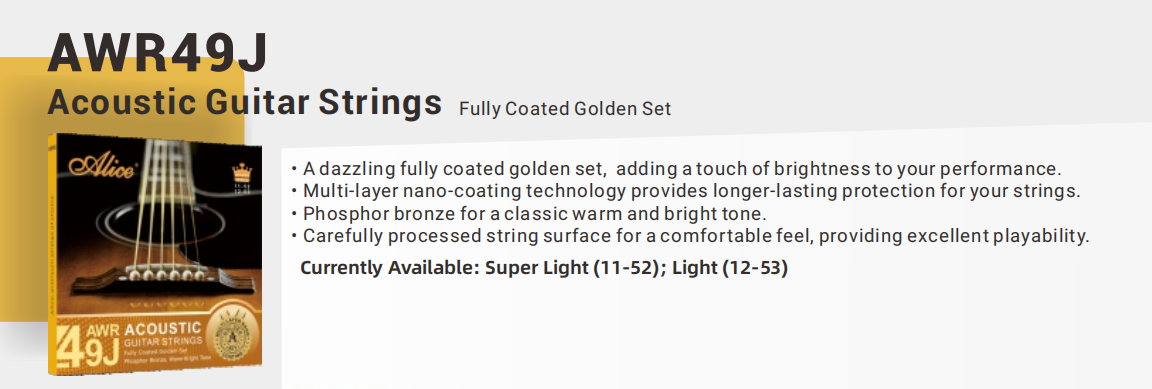
The Alice Acoustic Guitar String Set AWR49J gives you a plated collection of strings that features high-quality materials. A nano-coating on the strings helps to reinforce and strengthen them, ensuring they last for a long time. At the same time, the exceptional design of the strings also gives you a great performance on your acoustic guitar. Check out more tips about using or choosing acoustic guitar strings on our website!
Relate News
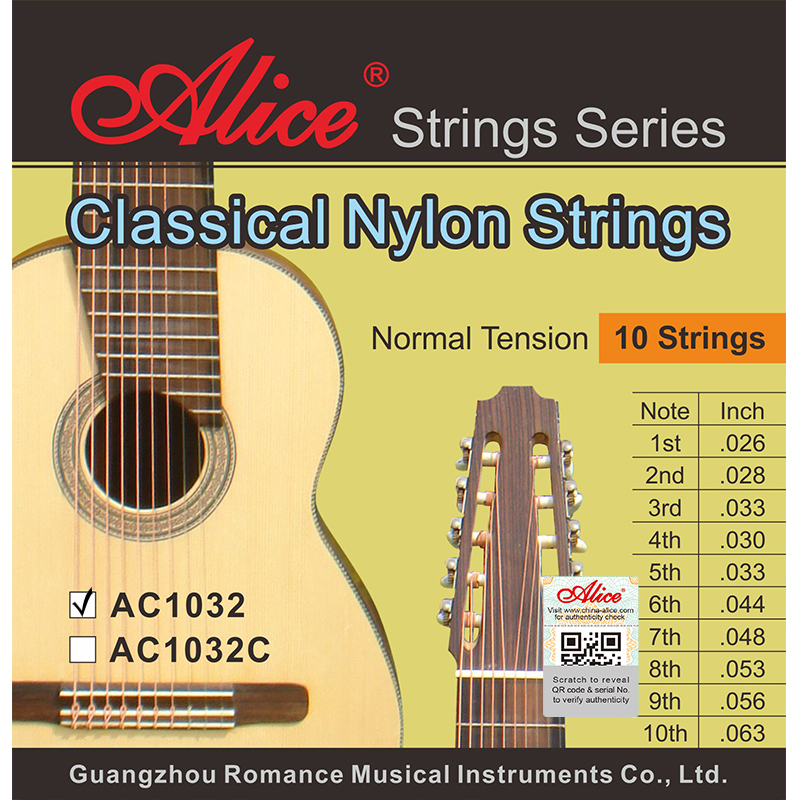
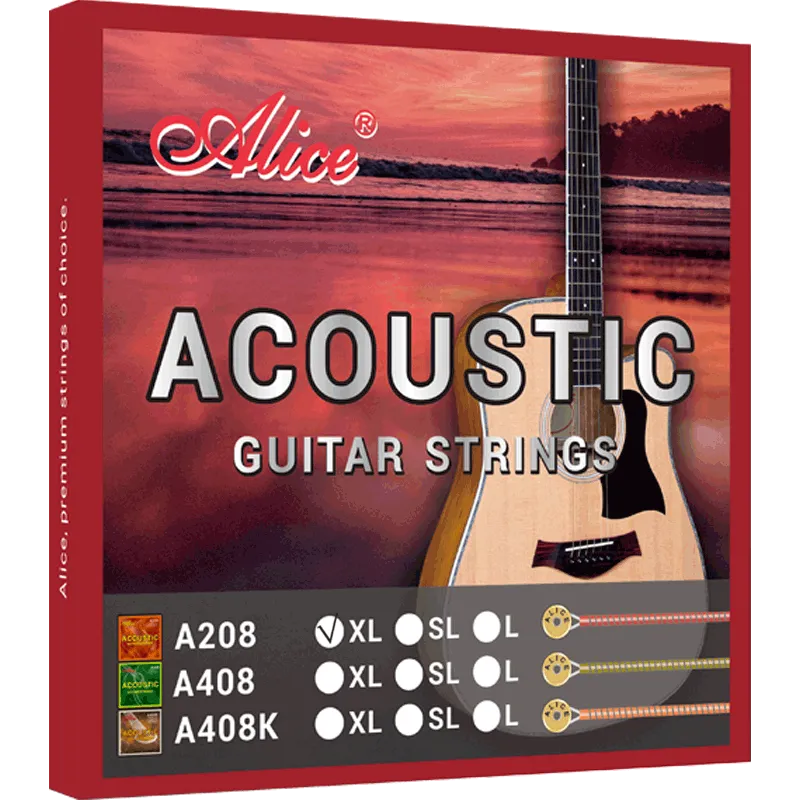
5 Key Indicators to Identify High-Quality Acoustic Guitar Strings
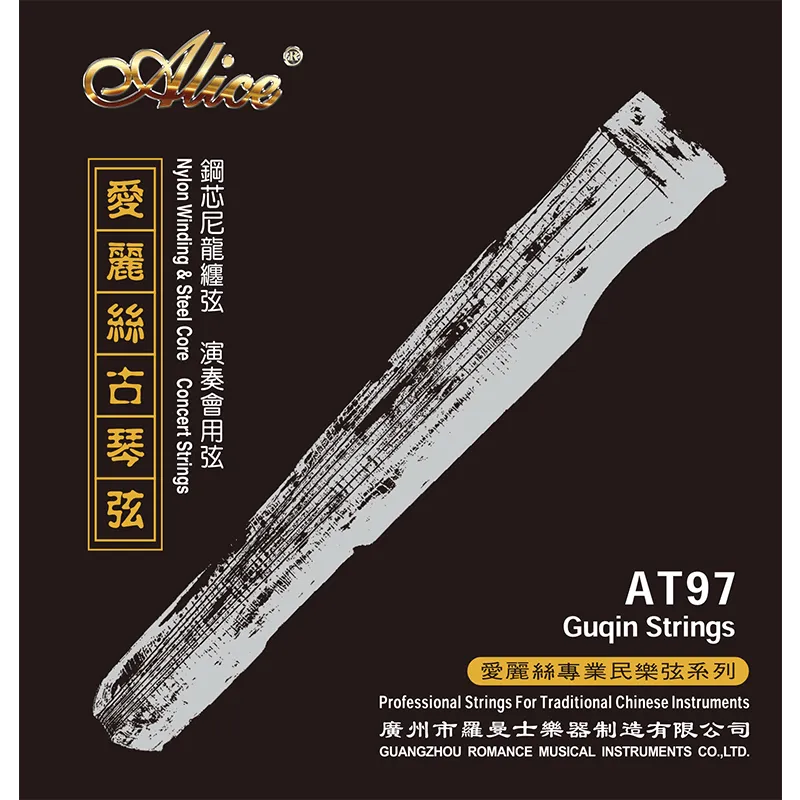
What Are Guqin Strings Made Of?
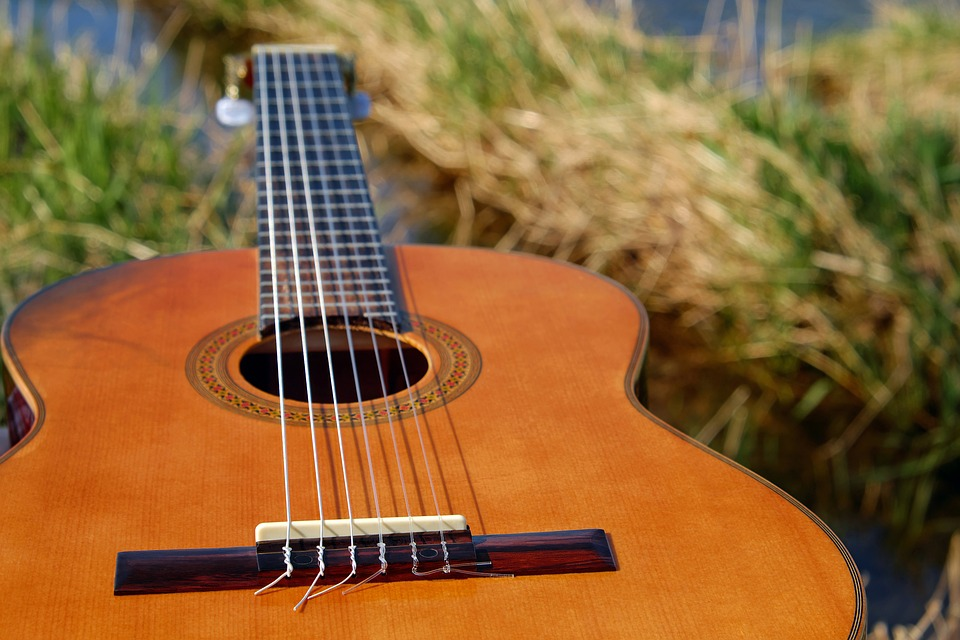
Silk Strings, Steel Strings, and Nylon Strings: Which Is Best for Your Traditional Music Performance?
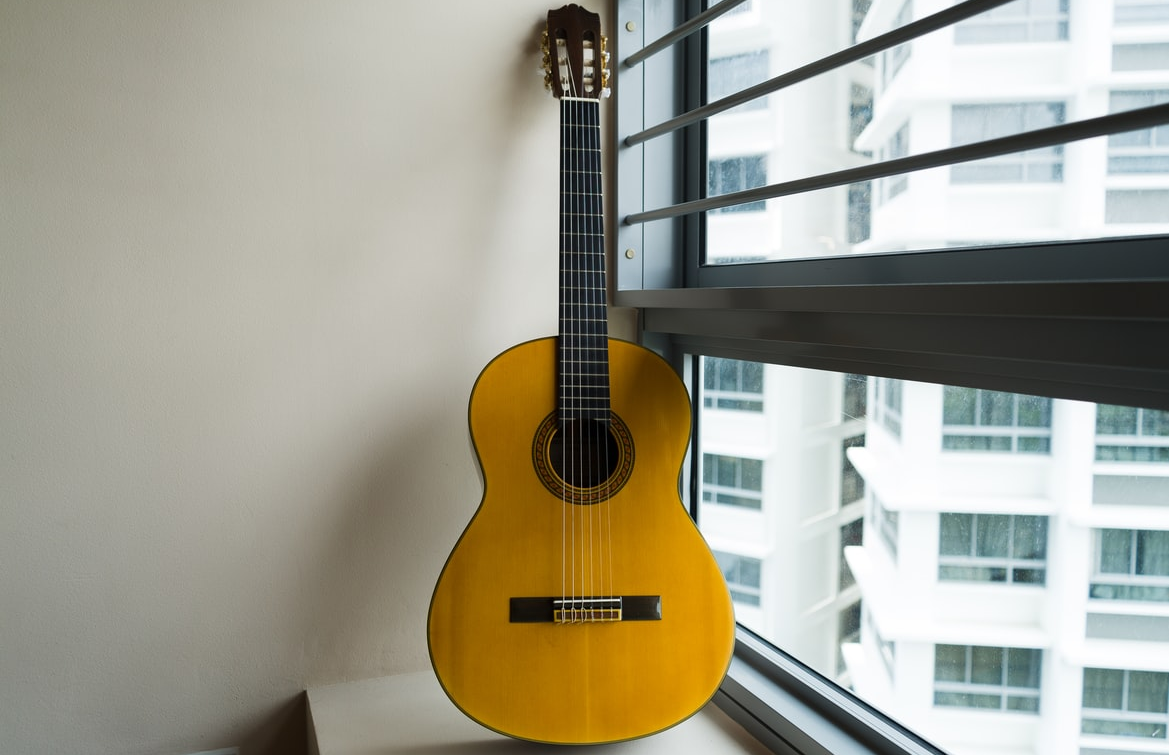
Complete Guide to Guitar String Materials

Orchestral Strings Explained: A Beginner-Friendly Guide to Violin, Viola, Cello, and Double Bass

Tone Comparison of Brass Alloy, Phosphor Bronze, and Coated Guitar Strings

How to Choose the Right Guitar Strings for Your Performance: A Scenario-Based Buying Guide

OEM Guitar String Customization: A Detailed Guide to the Process
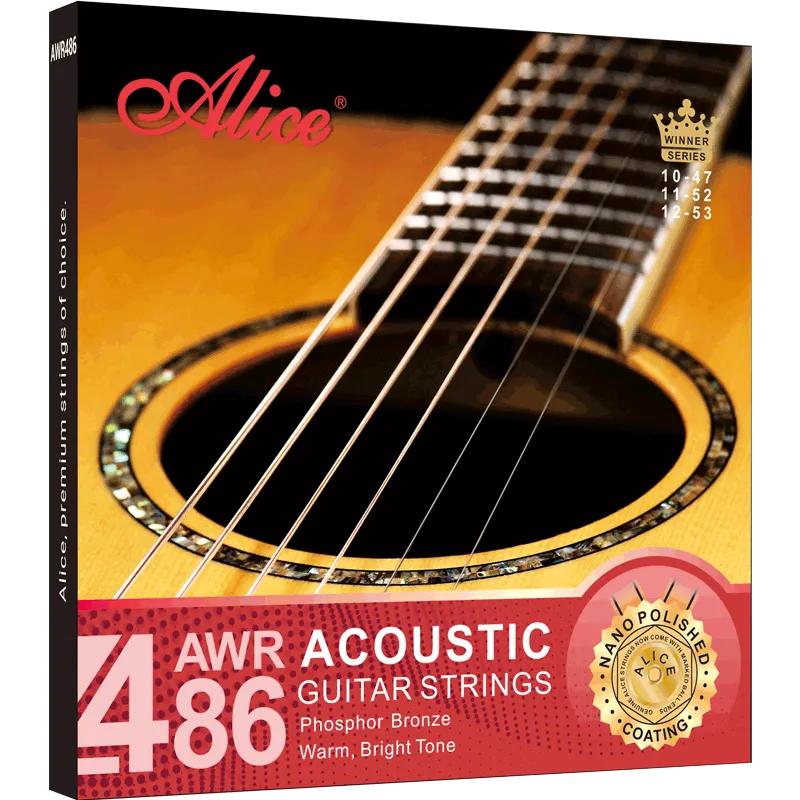
Copper Alloy vs Phosphor Bronze: Which Acoustic Guitar Strings Suit You Best?
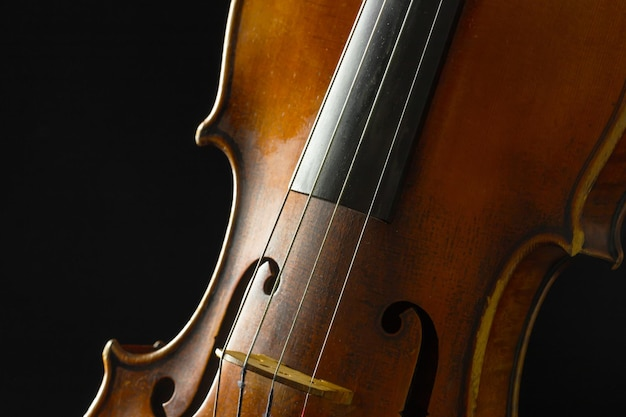
Cello Plucking: Can You Pluck a Cello with Your Fingers? How-To And Tips



